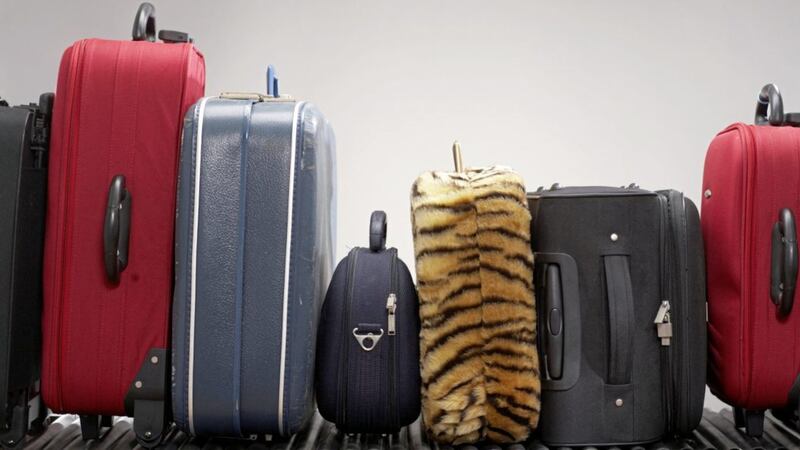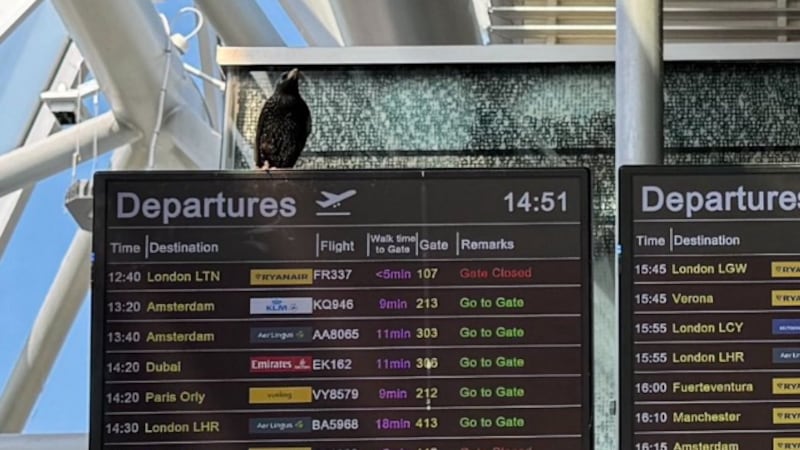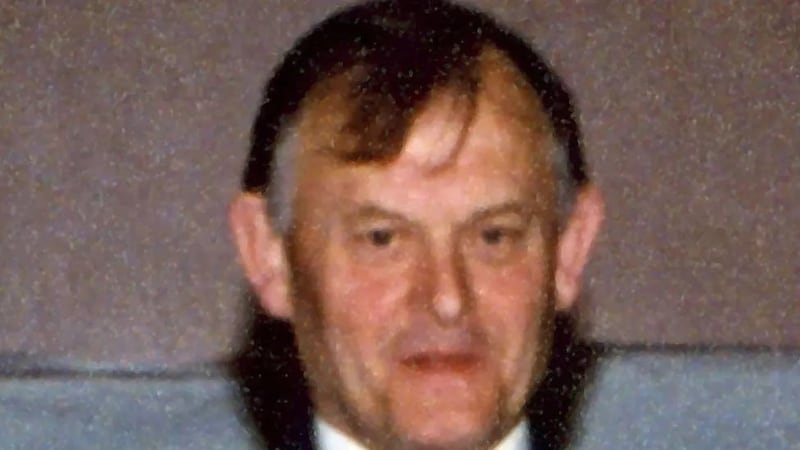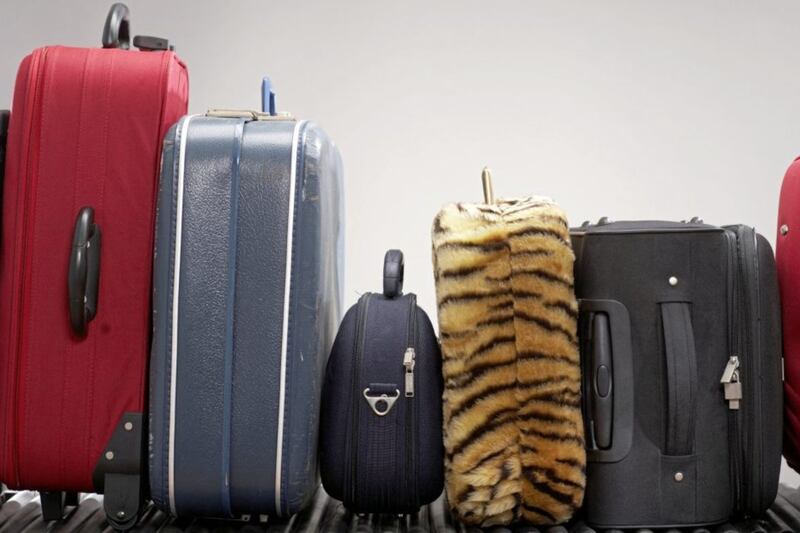Fines for non-essential overseas travel are set to increase to 2,000 euro, the Taoiseach has said.
Micheál Martin said that around two-thirds of people arriving into the Republic of Ireland from abroad were returning Irish holidaymakers.
He told the Dáil he had asked Health Minister Stephen Donnelly to sign off on the four-fold increase from 500 euro to 2,000.
"There is a sense that 500 euro is not a sufficient disincentive to travel abroad," Mr Martin said.
"That will be increased. The government is considering increasing that to 2,000 euro to act as a significant deterrent to people travelling because all non-essential travel should be avoided."
Mr Martin said he intends to bring legislation to Cabinet yesterday to sign off on the increased fines and deal with mandatory quarantining.
The move is part of a number of government measures aimed at reducing non-essential travel and protecting citizens from the risk of new variants of Covid-19 entering the country.
People are already required under law to quarantine in their homes for 14 days on their arrival into the Repubic of Ireland.
If they fail to do so, they can be fined up to 2,500 euro or get a prison sentence of up to six months or both.
Passengers who have not arrived from Brazil or South Africa can exit quarantine after five days if they take a PCR test and receive a negative result.
Transport Minister Eamon Ryan said that the fines were being increased to 2,000 euro following consultation with public health officials and that if there was any evidence that it was "not proving a restraint or restriction" the Government would consider increasing it again.
The fixed penalty fine for breaching the Level 5 travel restrictions on overseas travel has already been increased from 100 euro to 500 euro.
Mr Ryan also said more countries would be added to the mandatory hotel quarantining list and that "urgent work" was under way to establish a mandatory quarantine facility for passengers arriving from high-risk locations associated with new variants.
Brazil and South Africa are currently on the government's hotel quarantining list, although the system has yet to be set up.
"The public health advice will come later on this afternoon as to which additional countries we should consider similar to the UK in having much stricter restrictions, and we'll follow that advice and implement it with full speed," he told the Dáil.
"It would be completely unfair if we at home were restricting our movements, and restricting our lives in so many different ways, and at the same time non-essential travel was seen to be facilitated."
Mr Ryan said he was in regular contact with his counterpart in the UK and said he would be updating Grant Shapps tosday on the Irish Government's quarantining plans.
The Green Party TD was replying to Sinn Féin's Darren O'Rourke, who described the Government's travel measures to date as "half-baked".
"While the administration in London announced detailed plans for self-funded 10-day quarantine with strict measures and severe penalties for breaching it, you and your colleagues are still at a stage of confusion and indecision," Mr O'Rourke said.
He added that the government had waited until the passenger locator form was "ignored en masse" before making it a mandatory requirement.
"Follow up is still entirely inadequate," he added.
"Even the recent airport fines that you said would act as a big deterrent have failed, with people just paying the 100 euro or 500 euro and going on their merry way to the Canaries or elsewhere."
Mr O'Rourke accused the minister of "constantly being on the backfoot", saying the government needed to go back to the drawing board as the measures will not work.
He said a system of mandatory quarantine for all non-essential arrivals needed to be introduced immediately and remain in place until infection levels dropped.
Junior Minister Hildegarde Naughton told the Dáil that international air passenger traffic had collapsed due to Covid-19.
"The Irish aviation sector is currently experiencing its most challenging crisis, more severe than 9/11, or the global financial crash," she said.
"Many analysts are predicting that it will take several years for the sector to return to 2019 traffic levels."
She said traffic levels at Dublin Airport are down around 90%, with Shannon and Cork airports down around 94% and 97% respectively.
She added that there were no scheduled services operating at Shannon until April at the earliest, and that at Knock, Kerry and Donegal have no scheduled international routes either.
Cork Airport has currently one airline serving one route, which is only three times a week.



